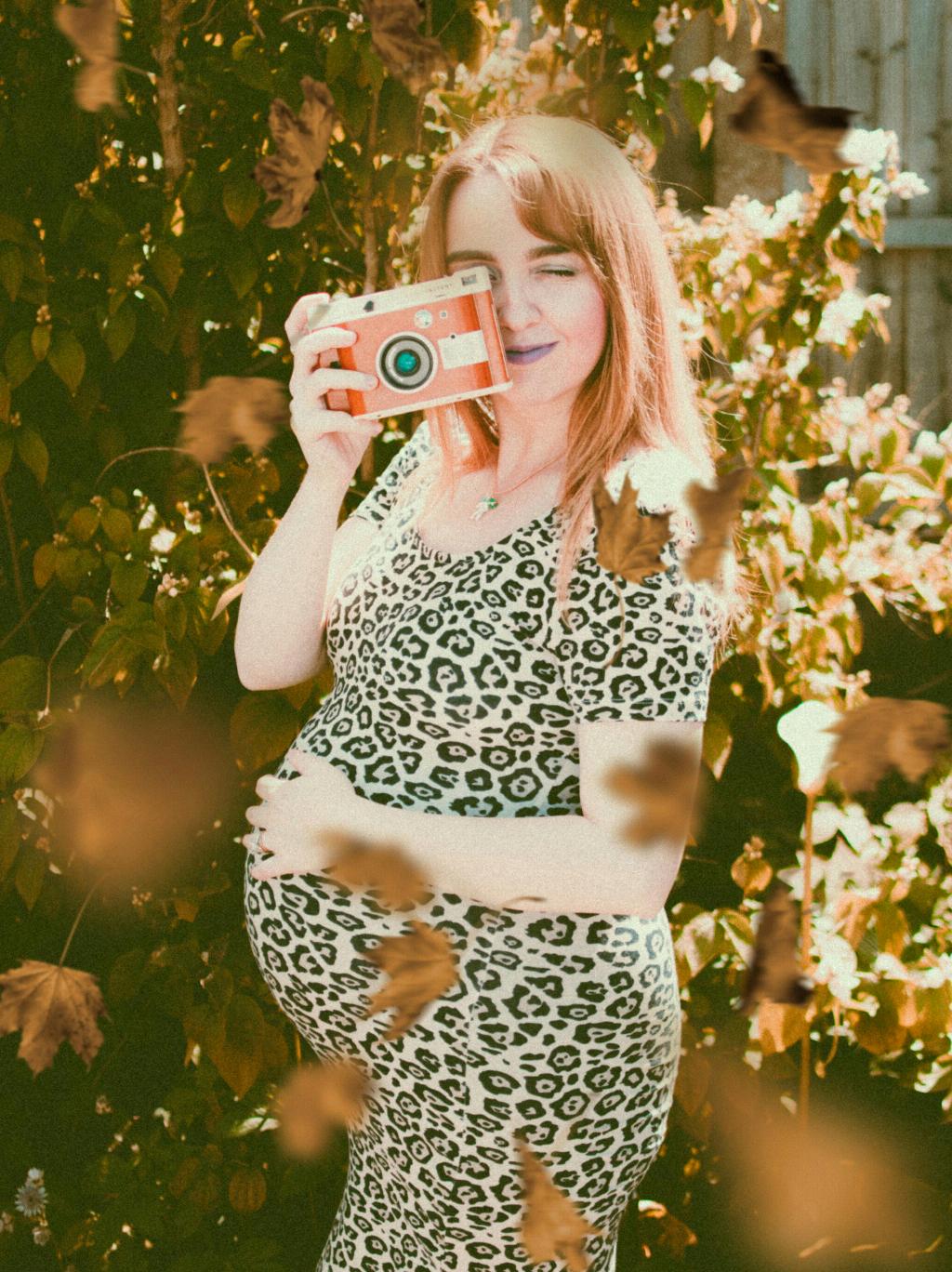When faced with a diagnosis of cervical cancer, one of the concerns that may arise is the impact the disease and its treatment can have on fertility. The possibility of still being able to have a baby after battling cervical cancer can be a complex and emotionally charged issue for many women.
Medical Realities
It’s essential to acknowledge the medical realities associated with cervical cancer and fertility. In most cases, the treatment for cervical cancer, such as a radical hysterectomy or radiotherapy, can significantly impact a woman’s ability to conceive and carry a pregnancy to term.
Consulting with Your Healthcare Team
If you are exploring the option of preserving fertility or considering future family planning after cervical cancer diagnosis, consulting with your healthcare team is crucial. They can provide personalized information about your specific situation, treatment options, and potential fertility preservation measures.
Fertility Preservation Options
Before starting cancer treatment, discussions about fertility preservation options should be initiated. These may include egg or embryo freezing, ovarian transposition, or other assisted reproductive technologies to enhance the chances of having a baby in the future.
Emotional Considerations
Coping with the emotional impact of a cancer diagnosis, treatment, and potential implications on fertility can be overwhelming. Seeking support from counselors, support groups, or loved ones can help navigate these complex emotions.
Alternative Paths to Parenthood
If conceiving a biological child naturally is no longer an option post-cervical cancer treatment, exploring alternative paths to parenthood like adoption or surrogacy can be fulfilling options for expanding your family.
Empowering Your Decision-Making
Empowering yourself with knowledge and understanding your choices regarding fertility post-cervical cancer can enhance your decision-making process. Being informed allows you to make choices aligned with your values and goals.
Support Networks
Connecting with other women who have navigated fertility challenges following cervical cancer can provide valuable insights, encouragement, and a sense of community. Online forums or local support groups can be beneficial resources.
Considering Emotional Wellness
Focus on your emotional wellness and self-care throughout the fertility journey post-cervical cancer. Engaging in activities that bring you joy, practicing mindfulness, and seeking professional help when needed are essential aspects of emotional well-being.
Life Beyond Fertility
While the desire to have biological children is valid and significant, remember that fertility is just one aspect of life. Embracing other aspects of life, pursuing passions, and building a fulfilling life beyond fertility can bring contentment and purpose.
Seeking Clarity and Support
Ultimately, navigating fertility concerns post-cervical cancer involves seeking clarity, understanding your options, and building a strong support system. Your healthcare team, loved ones, and resources within the community can all play a role in guiding you through this journey.
Conclusion
While the impact of cervical cancer on fertility can present challenges, exploring fertility preservation options, seeking emotional support, and considering alternative paths to parenthood can empower individuals to make informed decisions and build a fulfilling future beyond cancer treatment.

